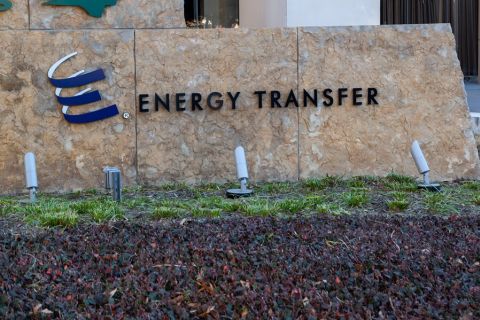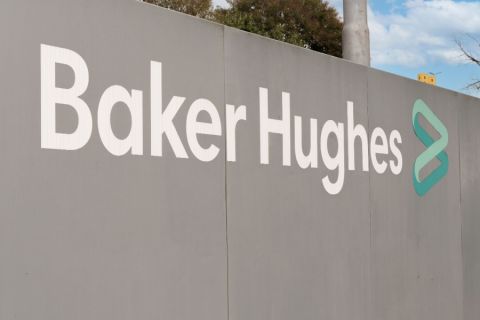The Philippines on March 2 identified two areas in South China Sea where joint exploration for oil and gas may be undertaken with China, including one in territory that both sides have argued over for years.
The two countries have agreed to set up a special panel to work out how they can jointly explore in part of the hotly contested waters without having to address the issue of sovereignty, something experts say would be extremely complex.
Philippine President Rodrigo Duterte’s spokesman, Harry Roque, said the areas being considered were sites covered by service contracts 57 and 72, which are exploration permits issued by Manila’s energy ministry.
“What I know is that there are two areas being considered for joint exploration, but both are within the exclusive economic zone” of the Philippines, Roque told reporters.
China claims almost the entire South China Sea, believed to rich in energy reserves and marine resources. Brunei, Malaysia, Vietnam and Taiwan also have claims.
The 880,000-hectare SC-72 at the Reed Bank, a disputed area, is where PXP Energy Corp had been undertaking exploration to evaluate the block's gas reserves.
In 2016, the Philippines won a case at the Permanent Court of Arbitration in The Hague, which invalidated China's claim to sovereignty over most of the South China Sea, and also made clear the Reed Bank was inside the Philippines' Exclusive Economic Zone (EEZ). China does not recognize the ruling.
Since Reed Bank is disputed, Roque said “there must be an agreement before the two countries can proceed with the joint exploration.”
The Philippine energy ministry suspended exploration in the Reed Bank, known locally as Recto Bank, in late 2014 as the government pursued the arbitration case, disrupting PXP Energy’s plan to drill two wells. Chinese boats had in 2011 harassed a survey ship contracted by PXP's unit, Forum Energy.
PXP is eager to resume exploration in the Reed Bank but said any joint venture would likely involve a Chinese company.
PXP had been talking with China National Offshore Oil Corp. (CNOOC) about Reed Bank during the administration of Duterte’s predecessor, Benigno Aquino, but the arbitration disrupted negotiations.
In September last year, the Philippines said it was pursuing a long-delayed oil and gas exploration project with CNOOC and a Canada-listed company in the SC-57 area, which is outside disputed waters.
The area lies near the country’s main oil and gas fields, including Malampaya, Nido, Cadlao and Matinloc.
Recommended Reading
Talos Energy Expands Leadership Team After $1.29B QuarterNorth Deal
2024-04-25 - Talos Energy President and CEO Tim Duncan said the company has expanded its leadership team as the company integrates its QuarterNorth Energy acquisition.
Energy Transfer Ups Quarterly Cash Distribution
2024-04-25 - Energy Transfer will increase its dividend by about 3%.
ProPetro Ups Share Repurchases by $100MM
2024-04-25 - ProPetro Holding Corp. is increasing its share repurchase program to a total of $200 million of common shares.
Baker Hughes Hikes Quarterly Dividend
2024-04-25 - Baker Hughes Co. increased its quarterly dividend by 11% year-over-year.
Weatherford M&A Efforts Focused on Integration, Not Scale
2024-04-25 - Services company Weatherford International executives are focused on making deals that, regardless of size or scale, can be integrated into the business, President and CEO Girish Saligram said.





